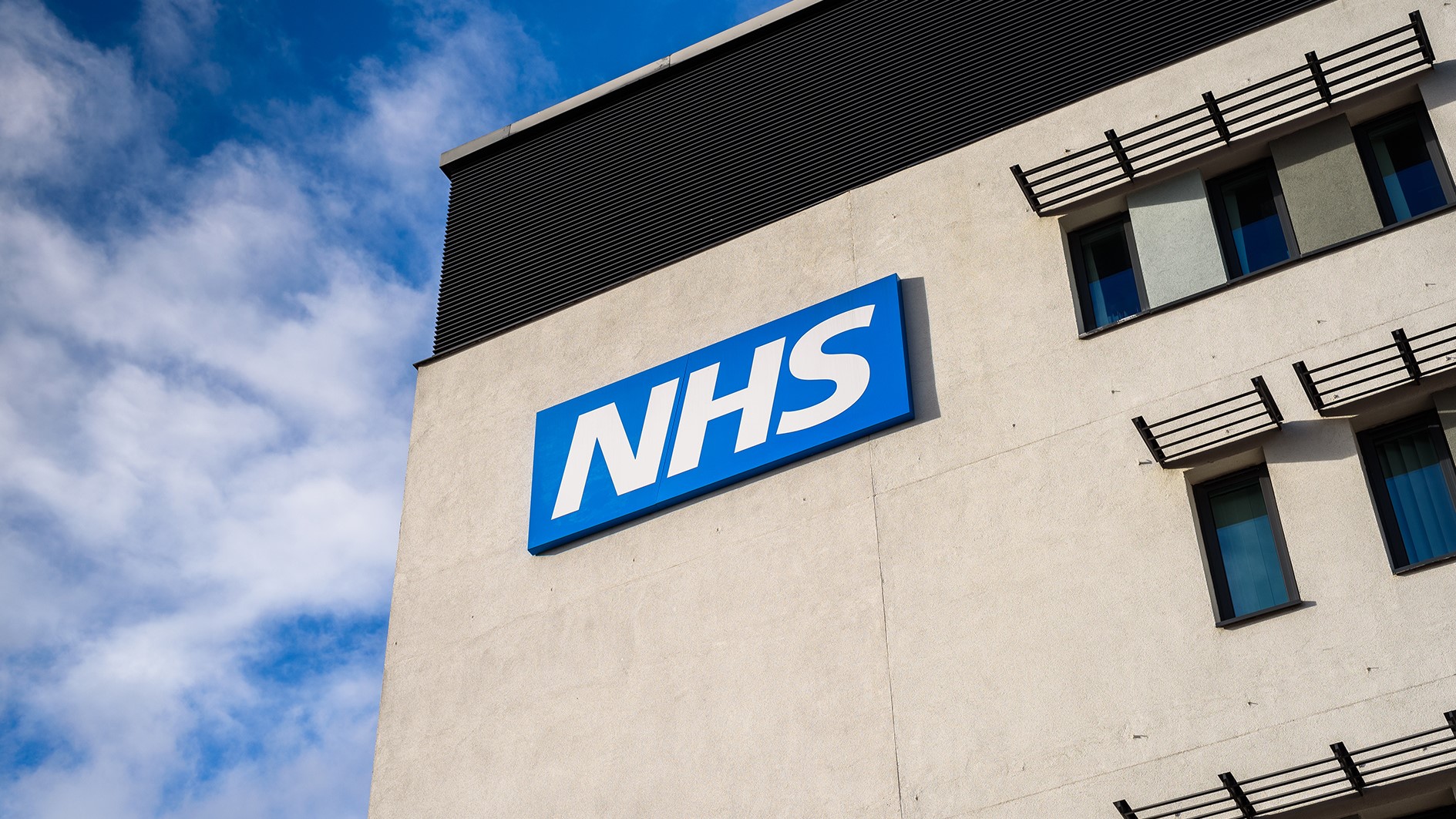UK sets 90% target for electronic patient records in NHS trusts

UK Health Secretary Sajid Javid has said he wants to accelerate the rollout of electronic patient records (EPR) in the NHS, with 90% of NHS trusts using them by the end of 2023.
Javid laid out the new target in a speech to the HSJ Digital Transformation Summit, in which he said that current estimates are that one in five NHS trusts still do not have EPR, and so are missing out on a key technology to deliver better, safer care for patients.
The 90% take-up target is the headline, but Javid also wants the remaining 10% of trusts to be in the process of implementing them by the end of next year, as EPR "are the essential prerequisite for a modern, digital NHS."
He is also pushing for digital transformation of the social care sector, where around 40% of providers are still "grappling entirely with paper-based records," according to the Health Secretary.
The government previously announced £150 million (around $200 million) to help drive digitisation in social care, and a target of 80% of social care providers to have digital social care records by March 2024.
"Because the case for these records is beyond doubt, and I expect every health and social care setting to see this as part of their basic responsibilities in looking after those in need," said Javid.
The latest announcement comes as the government is in the process of merging NHSX and NHS Digital into NHS England as part of a major shake-up of the country's digital health environment.
That decision followed a review into the NHS' digital strategy conducted by Laura Wade-Gery, a former chief executive of Tesco's online division, which said structural changes were needed to put digital transformation at the heart of the NHS.
Javid laid out priorities for transformation in healthcare, including a push for more personalised care and "making big breakthrough bets on emerging technologies and data."
Greater use of NHS app
One part of that drive to personalisation will be greater use of the NHS app, already being used by half of all adults in England, to a level of 75% by March 2024.
"We need to show people that the app is for life, not just for COVID, and that it will be a future front door for interacting with the NHS," Javid told the conference.
Eventually, the app will evolve to allow direct communication with healthcare professionals, acting as a repository for test results and documents, and a channel for receiving personalised advice on health and estimates of waiting times.
Other digital initiatives will include greater use of remote monitoring of patients to allow them to be cared for in their own homes
There was also mention of the thorny topic of allowing researchers to access and use data on NHS patients, which resulted in another embarrassing setback for the government last year after millions of people opted out of its latest controversial scheme.
Javid said that he had received a copy of the Goldacre Report, led by physician, researcher and clinical data transparency campaigner Dr Ben Goldacre, and this would be published soon.











